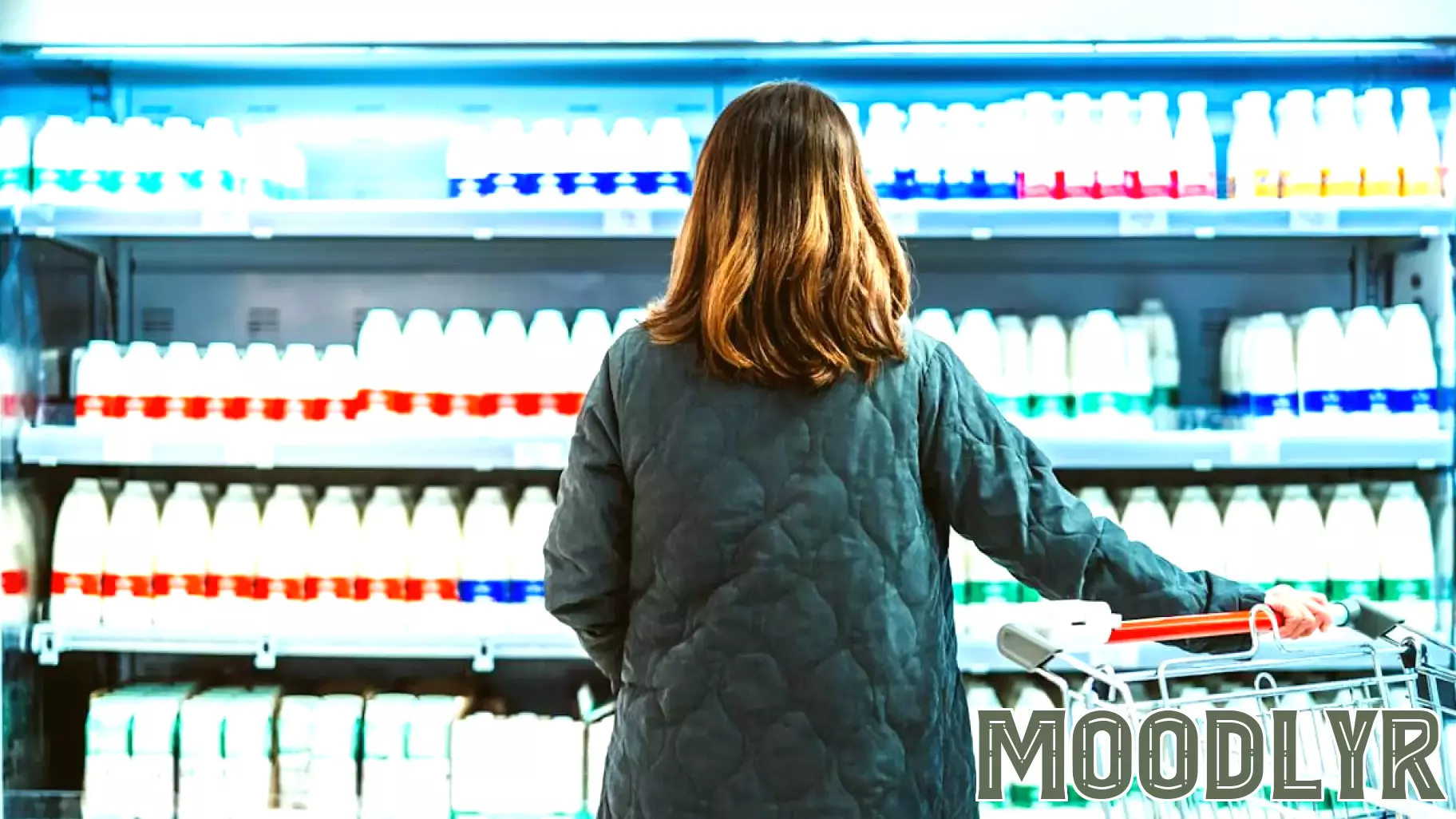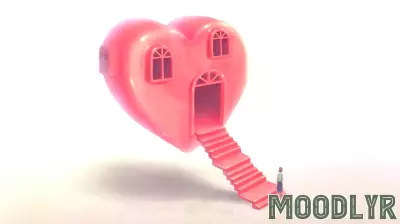The Hidden Influence of Color in Grocery Stores
March 7, 2025 - 01:08

The next time you're in a grocery store, take note of the colors surrounding you. Grocery stores strategically use color psychology to influence your shopping experience and purchasing decisions, often without you even realizing it.
Bright colors like red and yellow are commonly employed to attract attention and stimulate appetite, making them popular choices for food packaging and promotions. Red, in particular, is known to evoke feelings of excitement and urgency, encouraging shoppers to make quick decisions. On the other hand, calming colors like blue and green are often used in health food sections, promoting a sense of tranquility and wellness.
Additionally, the layout and color schemes of grocery stores are designed to guide your journey through the aisles. Warm colors can lead you towards impulse buys, while cooler tones may encourage you to linger in areas focused on fresh produce. By understanding these subtle cues, shoppers can become more aware of how their choices are influenced by the colors around them.
MORE NEWS

February 21, 2026 - 02:30
Home Really Is Where the Heart IsThe age-old saying `home is where the heart is` is more than just a sentimental phrase; it is a neurological reality. New research suggests that the profound feeling of home is an idea we...

February 20, 2026 - 05:37
Racist Attitudes Linked To Future Psychological Distress – But Could Both Be Fueled By Something Else?A new research study is challenging the straightforward assumption that holding racist views directly causes future mental health problems. While confirming a link between prejudiced attitudes and...

February 19, 2026 - 04:05
UWM Professor Uses Sport Psychology Research to Solve Real-World ProblemsProfessor Barbara Meyer possesses a uniquely analytical lens that she applies to nearly every situation. Whether she`s guiding Olympic athletes, consulting with a university soccer team, or simply...

February 18, 2026 - 03:25
Why couldn't Ilia Malinin handle the pressure? Sports psychologists offer their thoughtsThe recent performances of top athletes have reignited a crucial conversation within the world of elite sports: the immense psychological burden of competition. While the spotlight often falls on a...